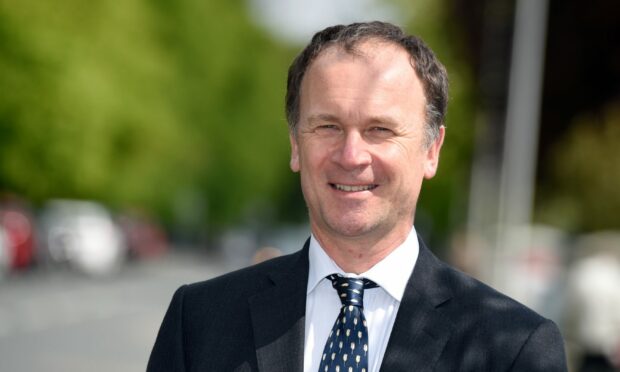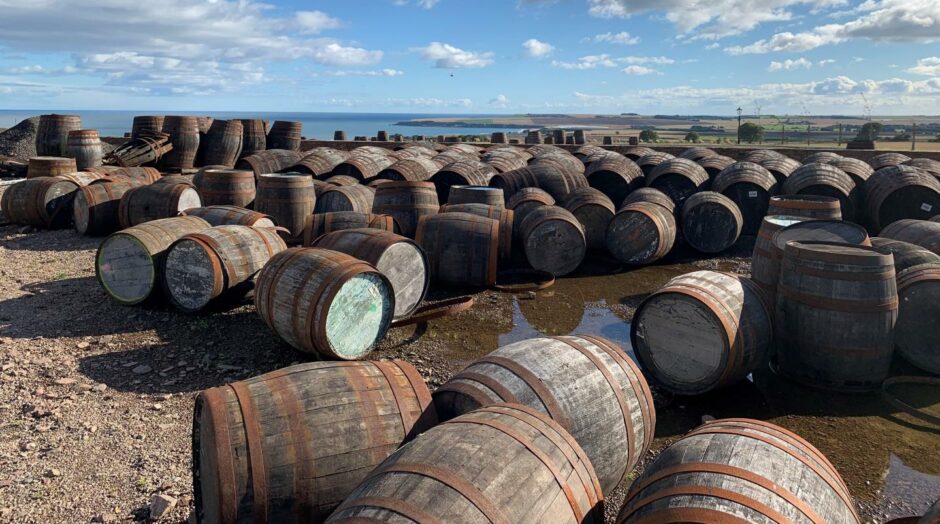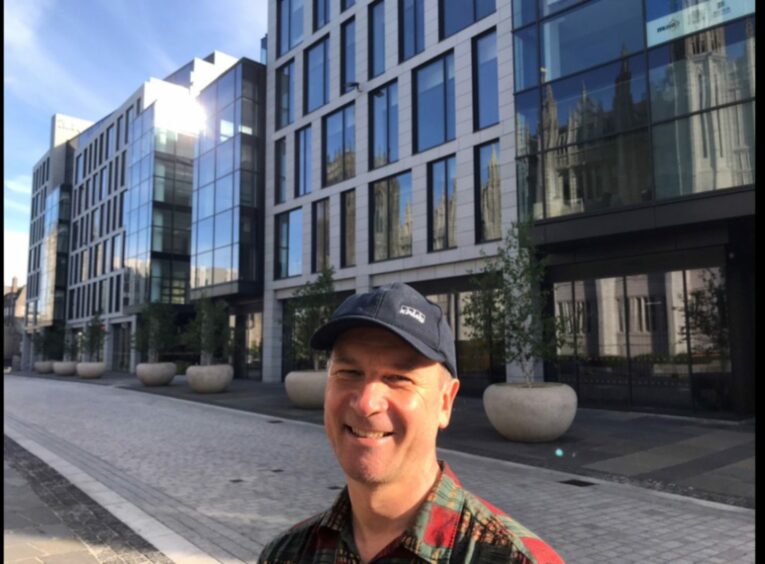The past 18 months have been challenging for businesses, but as we cautiously look to get closer to life as it once was we will see some of the pressure ease and fresh opportunities open up for small and medium-sized enterprises (SMEs).
Despite the challenges still to come, there’s no denying our region is overwhelmingly resilient – much like the granite that Aberdeen was built with.
Disruption is nothing new for us and we should remain optimistic the pandemic will, ultimately, be transformative for businesses and our thriving energy sector.
SMEs steadied their businesses as best they could, laying the foundations for longer-term growth when the time was right.”
Speaking to clients recently, common themes have tended to crop up.
After spending so long focused on survival, many of them now have the breathing space to turn their attention once again to growth.
Investment in new technologies and skills top their list of priorities, alongside addressing ESG agendas across the three prongs of environmental, social and governance.
Scotland’s family-run firms – many of them SMEs – have been among the most impacted in the world during the pandemic.
Pandemic hit Scottish firms harder
KPMG’s Global Family Business Report looked at how Covid-19 hit revenue and growth plans.
Its survey findings included 80% of Scottish firms saying the pandemic had affected revenue – 11% higher than the global average.
Despite this, SMEs steadied their businesses as best they could, laying the foundations for longer-term growth when the time was right.
For some, this involved transforming operating models by shifting services or products online, or launching new products to keep up with changing consumer demand.
On the road
Last month we set out on Family Business United’s Scottish Family Business Road Trip 2021, with its founder Paul Andrews, and in partnership with Schroder’s Personal Wealth, Arnold Clark and Little’s Chauffer Drive.
Together, we have been visiting firms across Scotland to hear how their resilience allowed them to weather the pandemic storm.
Stops along the way have included firms such as Arbikie, Graham’s Dairy, MacSween and Lindores Abbey.
The trip has allowed us to have honest conversations with businesses about how tough the past months have been.
Brexit impacts, staff shortages and supply chain challenges have been repeatedly mentioned as roadblocks still facing businesses, indicating we’re not quite out of the woods yet.
But the will is there to overcome these challenges and to grow sustainably for the future.
‘Concerted efforts’
Scottish SMEs we’ve spoken to have also been making concerted efforts to look out for the welfare of their communities.
By expanding their horizons, many are integrating their business and ESG strategies to support broader environmental and societal goals – redefining what a successful Scottish business looks like.
ESG issues have been high on the agenda throughout the pandemic.
This comes as no surprise, as making sure a business is sustainable and responsible also makes good sense when it comes to securing funding for growth, becoming attractive to investors and being favoured by consumers.
Energy transition
ESG is no longer something firms are paying lip service to – it has huge potential to drive bottom-line growth and is fast becoming part of a business’ licence to operate.
Meeting societal demands for new renewable sources of energy provides huge opportunities for businesses.
Those with a rich heritage in servicing the oil and gas sector are working hard on optimising transferrable skills and building new product and service lines to help deliver the green revolution.
Our team is preparing for its next chapter in the city that we’ve called home for more than 150 years.”
The past months have also transformed how and where we work. Despite latent fears about the future of city centres as hubs of business, Scottish cities including Aberdeen are predicted to see employment rise by between 5 and 7% following the pandemic.
As firms introduce policies for employees to spend two to three days a week working from home on a permanent basis, this could see existing office space capacity potentially increase by as much as 40%, according to our recent Towns and Cities Report.
More opportunities
That means that as some larger corporates choose to downsize, there becomes an opportunity for SMEs, entrepreneurs, and start-ups to base themselves more centrally, collaborate with others, and have extra space to expand as they grow.
Here in Aberdeen, our team is preparing for its next chapter in the city that we’ve called home for more than 150 years.
Last year we moved to our new base in the city’s Marischal Square development.
We are now encouraging colleagues to return to the office for part of the working week and to test and learn new hybrid ways of working.
KPMG has had a physical presence in Aberdeen since 1877 and we’re committed to continuing to flourish alongside the entrepreneurs, scientists, and many civic and business leaders who’ve helped to transform our region into a world leader.
The scale of the challenge ahead is immense, but we’ve proven before that disruption and resilience is part of the fabric of the north-east.
As businesses begin to turn their focuses to growth strategies once again, we can ensure the region holds onto its crown as an economic powerhouse.
Martin Findlay is office senior partner for KPMG UK in Aberdeen.
Striking a balance: What do our region’s firms think about their offices of the future?


